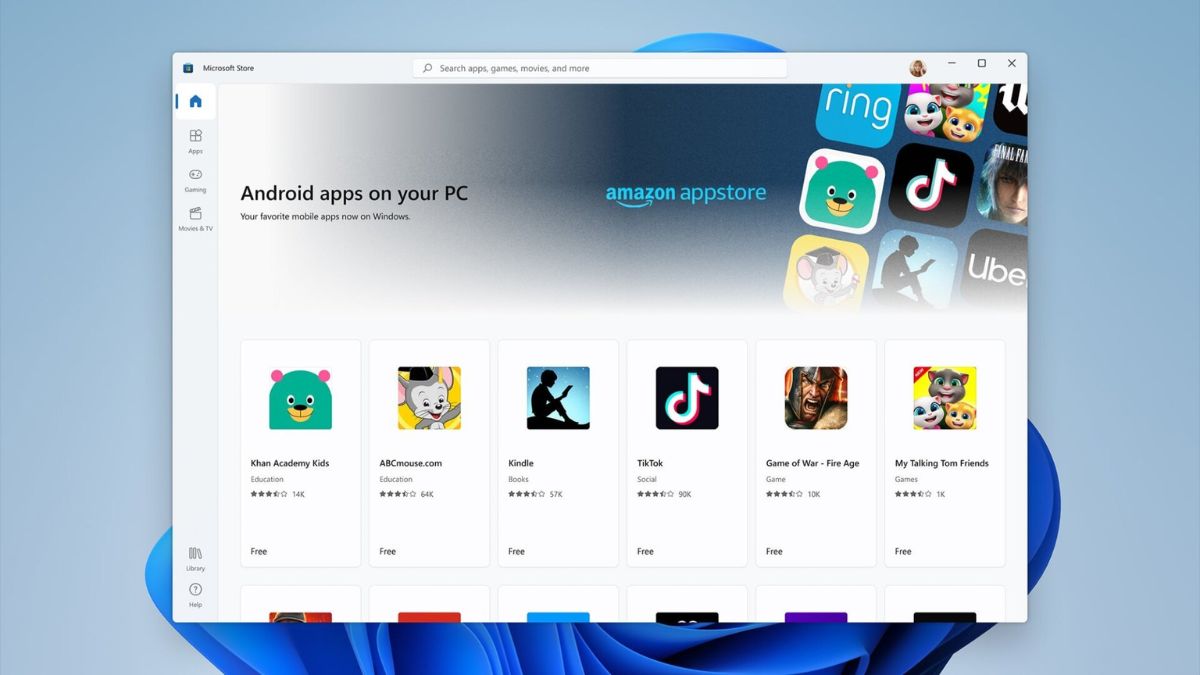A new study by Microsoft Research has identified 40 jobs that are most vulnerable to automation by artificial intelligence (AI), as well as 40 roles considered relatively safe. The study analyzed more than 200,000 anonymous conversations with Microsoft’s AI assistant, Bing Copilot, to determine how well AI could complete tasks and assist workers.
Jobs Most at Risk
Jobs that involve writing, teaching, communication, and data processing are highly susceptible to AI disruption. Positions such as translators, historians, writers, data scientists, and customer service representatives scored high on Microsoft’s “AI applicability score,” indicating that many of their tasks can be automated.
Other roles at risk include:
- Telemarketers and sales representatives handling back-office tasks
- Web developers performing structured coding tasks
- Technical writers and proofreaders
- Broadcast announcers and radio DJs generating routine content
- Personal financial advisers providing standard advice
The study highlights that tasks AI handles best are structured, repeatable, and data-driven, making knowledge-based roles particularly vulnerable.
Jobs Less Likely to Be Automated
Jobs that require physical presence, empathy, complex problem-solving, or interaction with unpredictable situations are less vulnerable to AI. These include:
- Healthcare roles, such as nursing assistants, surgical assistants, and dental surgeons
- Physical labor jobs, including roofers, highway maintenance workers, and machine operators
- Service-oriented roles, like massage therapists, phlebotomists, and domestic cleaners
- Supervisory positions in high-stakes environments, such as fire department leaders
These positions are considered safe because AI cannot easily replicate human dexterity, judgment, or emotional intelligence.
Implications for Workers
While AI will automate certain tasks, experts say it is more likely to augment human work than fully replace it. Microsoft researchers warn that high AI applicability does not automatically lead to job loss, as broader economic and business impacts are difficult to predict.
Workers in at-risk professions may need to adapt by learning new skills, moving into synthesis or outcome-oriented roles, and embracing AI as a tool rather than a threat. The study also suggests that entrepreneurship and strategic thinking could become increasingly important in an AI-driven workplace.











